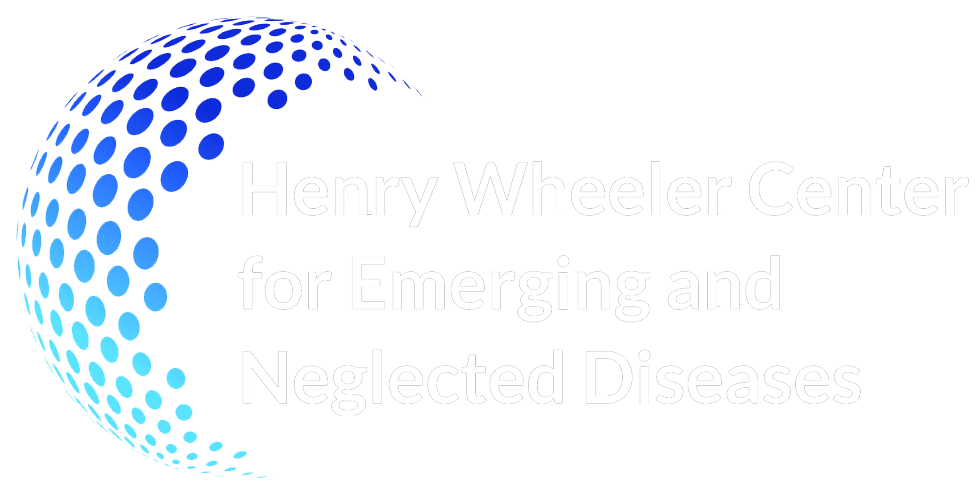CEND’s Annual Symposium Kicked Off the New Year with a Popular Program of Science and Solutions for Global Health
On Friday January 9, UC Berkeley’s Wheeler Center for Emerging and Neglected Infectious Diseases (CEND) held its 7th Annual Symposium at the Li Ka Shing Center on Berkeley’s main campus. Running under the theme of “Vaccines and Therapeutics for Emerging and Neglected Infectious Disease: From Science to Solutions,” the event was attended by approximately 300 people from multiple institutions around the Bay Area and elsewhere, and featured scientific talks and a poster session examining the molecular biology, pathogenesis, and early stages of novel vaccine and drug development for several important infectious disease impacting the world today.
The morning session included two talks on Ebola virology and described products in the pipeline intended to address the new crisis. Dr. Erica Ollmann Saphire, a professor of Immunology and Microbial Sciences at the Scripps Research Institute, described her work and that of her colleagues from the Viral Hemorrhagic Fever Immunotherapeutic Consortium on the design and mechanism of antiviral antibodies against the Ebola virus, including the widely publicized Zmapp antibody cocktail used compassionately in Ebola patients last year. Dr. Matthias Schnell of Thomas Jefferson University described the burden of Ebola and another neglected but deadly viral disease, rabies, as well as his team’s work on using the existing rabies vaccine as a platform for delivering immunity to both rabies and Ebola. He presented the results of work with several potential constructs in non-human primate studies, and their potential to be advanced to the field.
The afternoon featured two talks on tuberculosis from experts Joanne Flynn, professor of microbiology and molecular genetics at the University of Pittsburgh, and David Russell a professor of infection biology at Cornell University’s College of Veterinary Medicine. Dr. Flynn described insights into tuberculosis pathology and individual immune response gained from remarkably detailed and information rich positron-emission tomography and pathology studies of TB-induced lung granulomas in a non-human primate model. Professor Russell updated the results of a groundbreaking high-throughput screening program searching for new drugs to defeat tuberculosis by integrating more predictive assays designed to account for both the presence of the bacterium within the macrophage and host’s immune responses. Several promising leads are advancing from this work.
Dr. Gerald Pier, a Professor of Microbiology and Molecular Genetics at Harvard Medical School presented his work on bacterial surface polysaccharides as potential targets for immunotherapies and vaccines against Gram-positive and negative bacterial pathogens. He provided preclinical results that suggested modified forms of certain widely expressed targets hold the promise of a broad spectrum vaccine against such pathogens, a revolutionary prospect for managing common infections around the globe.
The conference was closed by Dr. Richard Glynne, the Director of Genetics and Neglected Diseases at the Genomics Institute of the Novartis Research Foundation, who described the recent results of Novartis’s drug discovery campaigns for several parasitic trypanosome-related diseases including sleeping sickness, leishmaniasis, and Chagas disease. Glynne reported on one the fruits of these efforts, which appears to be a potential broad-spectrum treatment for these conditions, has been nominated to advance into later preclinical development.
The conference also included a panel discussion examining academic industry collaborations and a lively poster session with presenters from multiple research groups in both academia and industry. “We are incredibly pleased by the success of this conference in raising the profile of infectious disease research at Berkeley and around the Bay Area,” commented Mike Eichberg, Executive Director of CEND. “The attendance and great response is a testament to not only to this research community’s interest in great science, but also its drive to address some of the most important challenges in global health today.”
